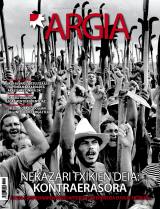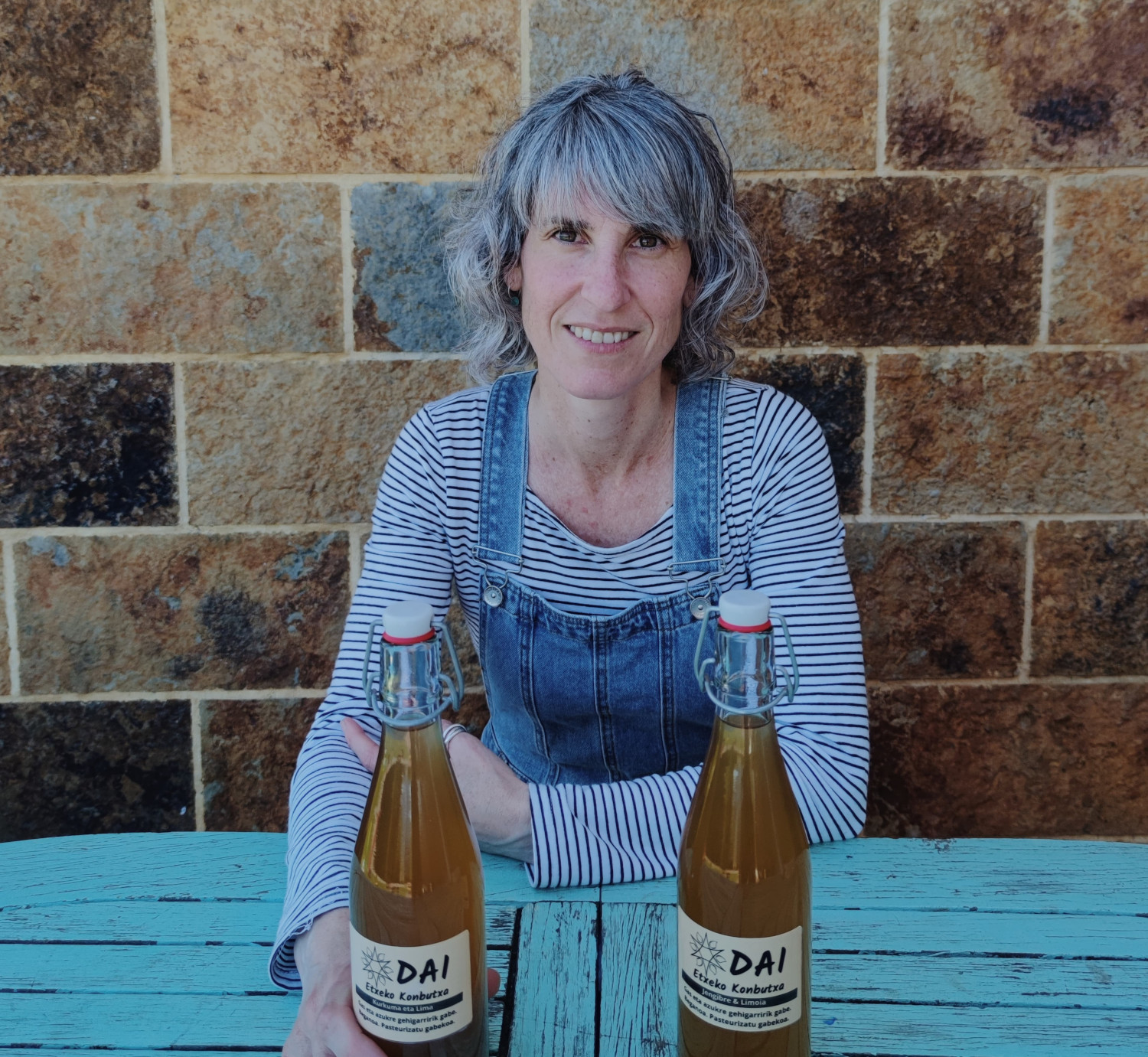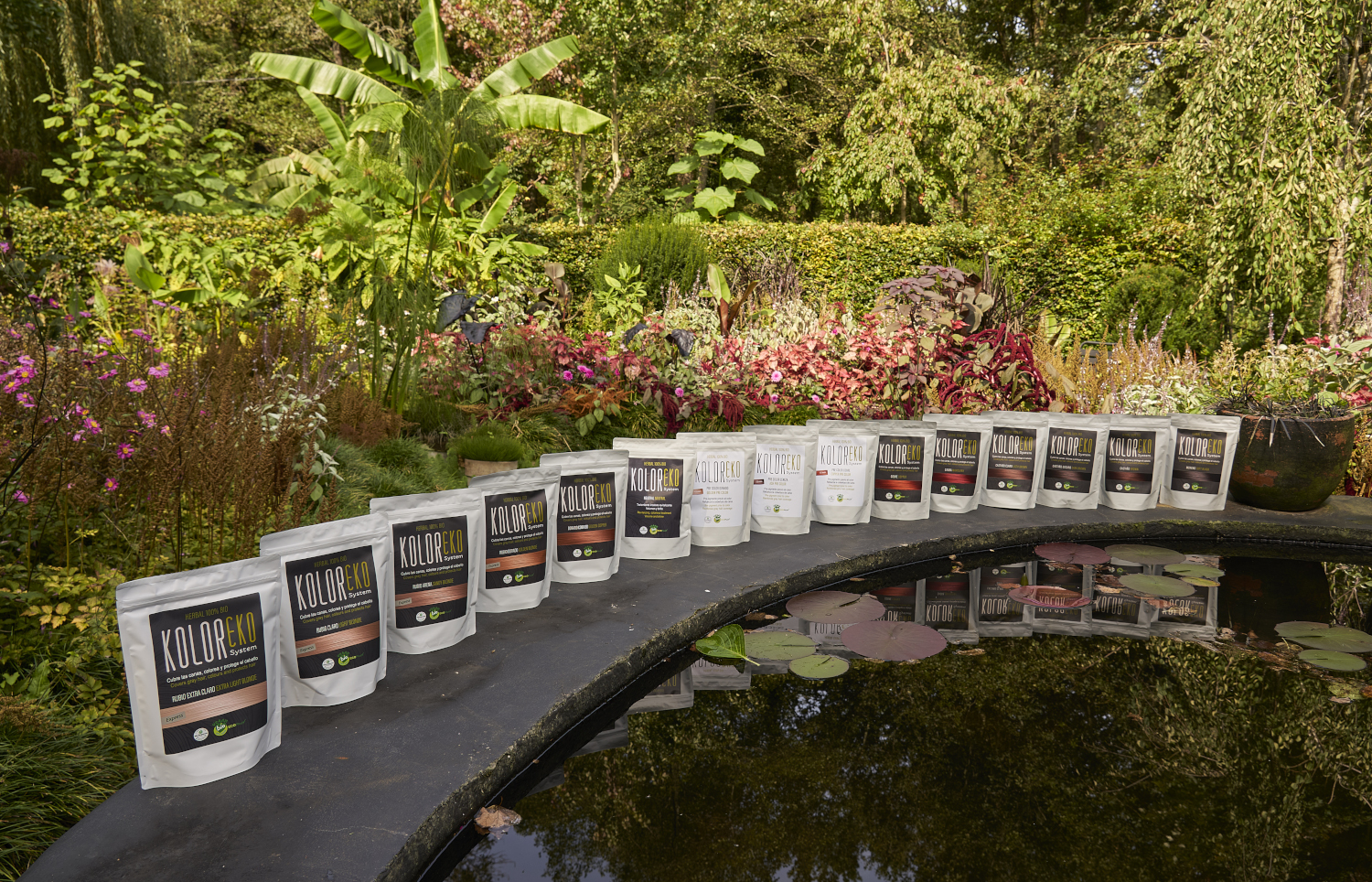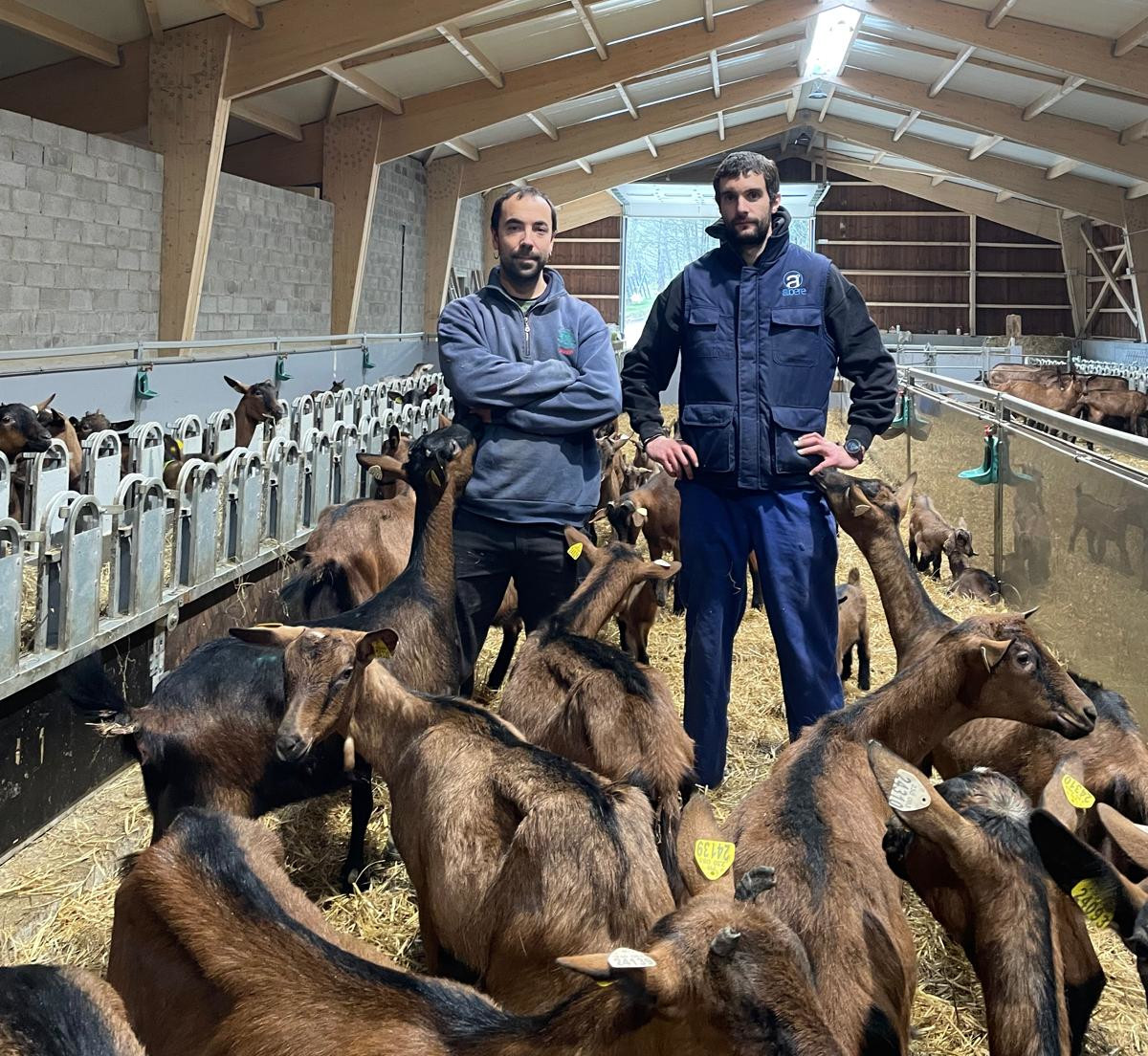Claiming food sovereignty in the Parliament of Navarre

On 13 June, the process “Local and transformative governance with the keys to food sovereignty and gender equality” initiated by Mugarik Gabe Nafarroa, Mundubat and the IPES Foundation ended in the Parliament of Navarre. For six months, sessions have been held in the five merits of the country: women producers, members of institutions and agents of social movements have reflected and debated the country's agriculture and food policies. At this last part-session in June, local producers brought their conclusions and requests to Parliament.
Female production loudspeaker
Esther Montero presented in Parliament the document Women producers and food sovereignty in Navarra, elaborated with what was done in the merinity sessions.
He then took the word Gotzone Sestao on behalf of the women producers. The producer criticised the lack of recognition of his work by society and the administration, and denounced that the administration, on many occasions, rather than helping, hampers his situation: through complex bureaucracies and becoming dependent on subsidies, they have stifled small farmers and farmers, and many of them have been forced to abandon their profession: “We are dependent on a neoliberal and patriarchal productive model that expels people from the countryside and excludes women.” The women producers demanded directly from the institutions: to bet on food sovereignty and a socially, ecologically and economically sustainable agricultural model. Concrete proposals were put forward to implement it, divided into six points: seeds, land, public subsidies, direct selling and short circuit marketing, education and public services.
Other governance models
In the second part of the programme, representatives from each area presented several ongoing projects on food governance policies, showing their willingness to change things.
Duela lau urte abiatu zuten Azpeitian Enkarguk proiektua, Udalaren, Urkome Landa Garapen Elkartearen eta Azpeitiako eta Gipuzkoako merkatari txikien elkarteen artean. “Orain proiektua bigarren fasera eraman dugu, eta Azkoitian sortu dugu antzeko egitasmoa, bere izenarekin:... [+]
Donostiako Amara auzoko Izko ileapaindegi ekologikoak 40 urte bete berri ditu. Familia-enpresa txikia da, eta hasieratik izan zuten sortzaileek ile-apainketan erabiltzen ziren produktuekiko kezka. “Erabiltzaileen azalarentzat oso bortzitzak dira produktu gehienak, baina... [+]
Ubidekoak (Bizkaia) dira Imanol Iturriotz eta Aritz Bengoa gazteak. “Lagunak gara txikitatik, eta beti izan dugu buruan abeltzaintza proiektu bat martxan jartzeko ideia”, azaldu du Iturriotzek. Nekazaritzari lotutako ikasketak izan ez arren, baserri munduarekin eta... [+]
Iruñean bizi ziren Iñaki Zoko Lamarka eta Andoni Arizkuren Eseberri gazteak, baina familiaren herriarekin, Otsagabiarekin, lotura estua zuten biek betidanik. “Lehen, asteburuetan eta udan etortzen ginen eta duela urte batzuk bizitzera etorri ginen”, dio... [+]
Gipuzkoako hamaika txokotatik gerturatutako hamarka lagun elkartu ziren otsailaren 23an Amillubiko lehen auzo(p)lanera. Biolur elkarteak bultzatutako proiektu kolektiboa da Amillubi, agroekologian sakontzeko eta Gipuzkoako etorkizuneko elikadura erronkei heltzeko asmoz Zestoako... [+]
Emakume bakoitzaren errelatotik abiatuta, lurrari eta elikadurari buruzko jakituria kolektibizatu eta sukaldeko iruditegia irauli nahi ditu Ziminttere proiektuak, mahai baten bueltan, sukaldean bertan eta elikagaiak eskutan darabiltzaten bitartean.






















